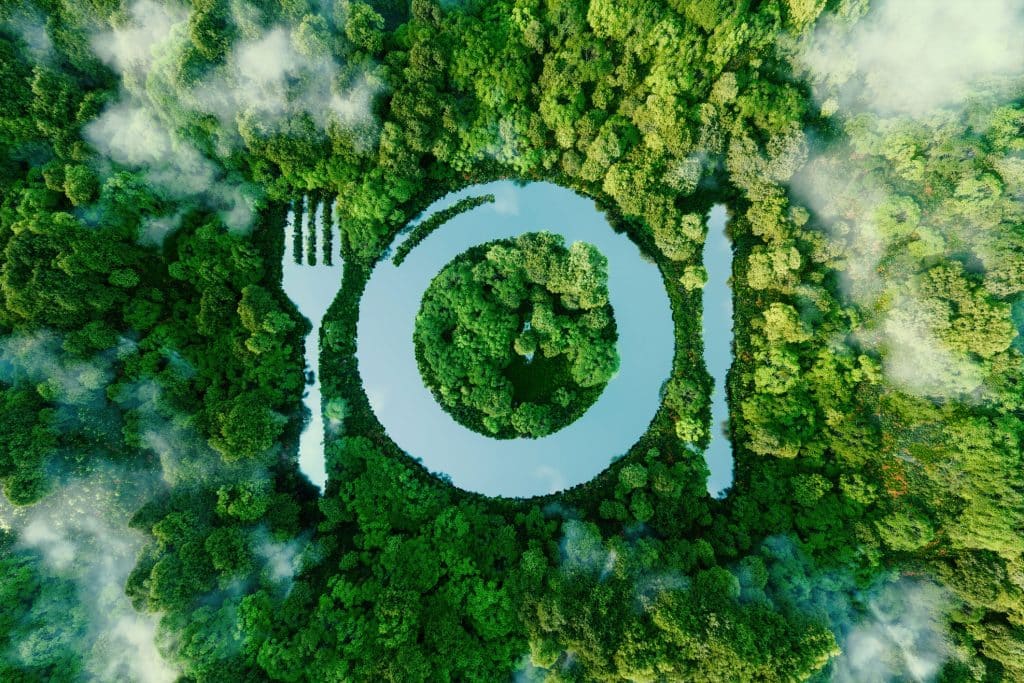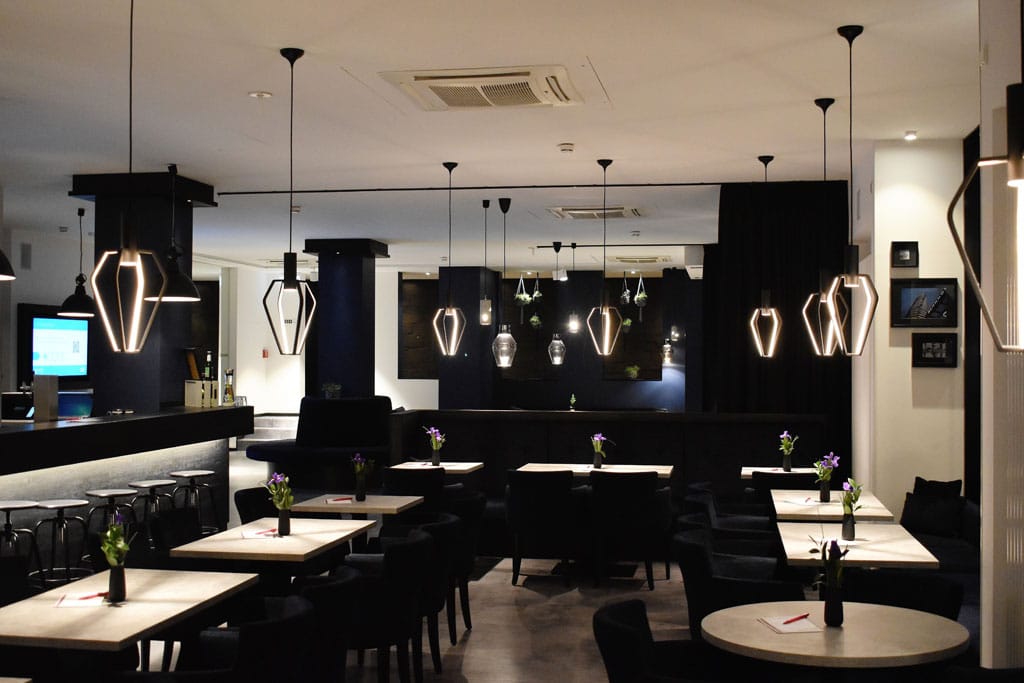Tu es restaurateur et tu veux agir pour notre planète ? Super ! Aujourd’hui, les assiettes saines et responsables ne sont plus une option, mais une nécessité. Et c’est dans ta cuisine que se joue la vraie différence.
Voici 8 conseils essentiels pour devenir un restaurateur engagé et éco-responsable.
- Donner une seconde vie à ses aliments : En tant que restaurateur, tu as un rôle crucial à jouer. Chaque jour, les invendus peuvent devenir un véritable casse-tête. Mais plutôt que de les jeter, pourquoi ne pas les donner à des associations alimentaires ? Des applications comme Too Good To Go, Karma, Olio peuvent te mettre en relation avec des consommateurs qui cherchent à réduire leur impact écologique. En donnant une seconde vie à tes aliments, tu réduis tes déchets et améliores ton image de marque. C’est une démarche gagnant-gagnant qui te permet de participer activement à la lutte contre le gaspillage tout en attirant de nouveaux clients sensibles à ces enjeux.
2.Lutter contre le gaspillage alimentaire : Le gaspillage alimentaire est un fléau majeur. En tant que restaurateur, tu peux agir sur plusieurs fronts. Tout d’abord, optimise tes stocks en fonction de ta fréquentation réelle. Cela te permettra de commander juste ce qu’il faut, réduisant ainsi les déchets. Ensuite, interroge tes clients et écoute leurs avis. Leurs retours sont précieux pour ajuster tes quantités et éviter les surplus. Enfin, pense à recycler. Le « doggy bag » est une solution simple mais efficace, il est d’ailleurs obligatoire depuis le 1er juillet 2021. Tu peux également transformer les invendus en produits dérivés, comme des bocaux à vendre. Ces actions, en plus de réduire le gaspillage, te permettront de te démarquer et de créer une expérience client unique.
3. La réservation en ligne, un levier de responsabilité : La technologie est ton alliée dans ta démarche écoresponsable. Notre application de réservation en ligne peut avoir un impact significatif en te permettant de mieux anticiper ta fréquentation, optimisant ainsi tes achats et réduisant le gaspillage. C’est une manière intelligente d’allier technologie et engagement environnemental, tout en sensibilisant tes clients à ces enjeux. En adoptant ce type de solutions, tu montres que tu es un restaurateur moderne et conscient des défis de notre époque.
4. Réduire la pression sur les employés grâce au numérique : La technologie ne sert pas uniquement à améliorer l’expérience client, elle est aussi un excellent moyen de soulager ton équipe. L’utilisation d’outils numériques, comme les menus digitaux via QR Code, simplifie le service et réduit les contacts physiques, ce qui est particulièrement appréciable dans le contexte sanitaire actuel. De même, le paiement à table par QR Code permet une rotation plus rapide des tables, optimisant ainsi ton espace et ton temps. Ces outils numériques te permettent de déléguer certaines tâches et de concentrer tes efforts et ceux de ton équipe sur ce qui compte vraiment : offrir une expérience culinaire inoubliable.
5. Créer des menus en harmonie avec les approvisionnements : La création de tes menus doit être étroitement liée à tes approvisionnements. Une carte courte et flexible, adaptée aux saisons et aux disponibilités des producteurs, est un signe de fraîcheur et de qualité. Cela te permet de réduire le gaspillage et d’assurer que chaque ingrédient est utilisé de manière optimale. Soigner les approvisionnements : Le choix de tes fournisseurs est primordial. Privilégie les produits labellisés ou renseigne-toi sur les pratiques de production. S’approvisionner directement auprès des producteurs garantit une plus grande transparence pour tes clients. N’hésite pas à demander des informations détaillées sur l’origine et le mode de production de tes ingrédients. Les produits frais, locaux et de saison sont très appréciés des consommateurs.
6. Communiquer sur vos engagements : La communication est essentielle. Partage tes actions et tes valeurs sur tes réseaux sociaux, ta carte, et ton site web. Le restaurant de demain, c’est celui qui saura répondre aux enjeux suivants : transparence, offre végétale, respect des saisons, et une gestion d’équipe bienveillante. Fais connaître ta démarche pour que tes clients comprennent et partagent tes convictions.
7. Opter pour une eau locale et responsable : Choisir une eau plus écologique est une démarche responsable. Les fontaines à eau micro filtrées sur place sont une excellente alternative aux bouteilles en plastique. Elles réduisent l’impact environnemental lié au transport et au conditionnement de l’eau. En proposant une eau micro filtrée, tu contribues à la protection de l’environnement tout en offrant une eau de qualité à tes clients.
8. L’importance cruciale de l’hygiène en restauration : Dans le secteur de la restauration, l’hygiène est non seulement une obligation réglementaire, mais aussi un élément central de la réputation et de la réussite de ton établissement. Conformément aux normes HACCP, chaque restaurant doit mettre en œuvre des procédures strictes pour garantir la sécurité alimentaire. Cela inclut la surveillance régulière de la température de conservation des aliments, le respect des normes de nettoyage et de désinfection, la gestion appropriée des déchets, et la formation continue du personnel aux bonnes pratiques d’hygiène.
En adoptant ces pratiques, tu deviens un acteur majeur de la transformation du secteur de la restauration. Chaque action compte pour construire un avenir plus durable et responsable. Ensemble, faisons du restaurant de demain un lieu de convivialité et d’engagement pour notre planète !



